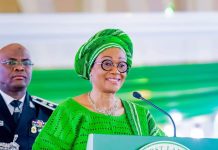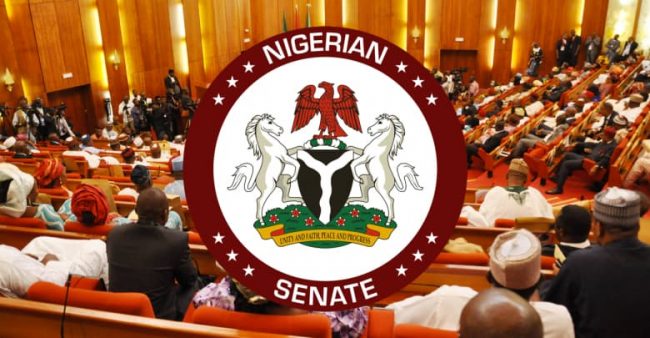The Republic of South Korea is to support Nigeria with $13 million for the implementation of the second phase of the Nigerian e-government national master plan 2021-2026, through the Korean International Cooperation Agency (KOICA).
The Korean Ambassador to Nigeria, Kim Young-Chea, announced the support while speaking at the commencement of the Project for Building Foundations towards Digital Governance for Nigeria, in Abuja recently.
Young-Chea said Korea would spend the sum of $13 million to develop the capacity to further enhance the execution of the national e-government master plan. Young-Chea was represented by the Country Director at KOICA, Mr Sungil Son.
“With today’s project funded by KOICA’s grant aid to the tune of $13 million, it is expected to enhance capacity for further execution of key initiatives of the National e-government master plan, competencies for the e-government service delivery, and the development of the government service portal. It can also create increased access to the National Identification Number (NIN) enrolment for Nigerians,” Young-Chea said.
“Korea’s success in the e-government development is portrayed as one of the world’s best success stories. Certainly, not every Korean e-government policy and intervention became successful, however, there were many other aspects of unique Korean experiences that could be adapted to suit other partner countries. Hence, the continued partnership in this field between Nigeria and Korea has provided an activated platform for both of us to collaborate and make the most of the experiences Korea has gone through,” Young-Chea further said.
The Minister of Communications and Digital Economy, Dr Isa Ibrahim Pantami, who was represented by the Permanent Secretary of the ministry, William Nwankwo Alo, said the successful implementation of the first phase of the project led to the development of the national e-government master plan to guide the adoption and implementation of the e-government programme in the country, which was approved for implementation by the Federal Executive Council (FEC) in August 2019.












